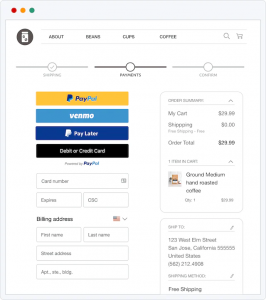by Laurie Sullivan@lauriesullivan, December 2, 2016
Marketing budgets rose slightly in 2016 compared with 2015, but the latest findings from a benchmark study suggest that CEOs still lack a strong commitment to digital advertising and marketing.
The insight comes from CMOs and CIOs who participated in the Leapfrog 2016 CMO Digital Benchmark Study. In fact, three out of four said the CEOs at their respective companies have not been sold on the idea. The Leapfrog Marketing Institute surveyed about 198 executives at companies with more than 3,000 employees and $1 billion in annual sales.
The lack of buy-in from CEOs to improve on trends like mobile and omnichannel strategies push CMOs and CIOs harder to prove return on investment. Researchers Randy Spratt, former EVP, CIO and CTO of McKesson; Fred Ehle, former VP of customer strategy for McDonald’s USA; and Jim Carey, adjunct professor at Northwestern University, found that for marketers proving return on investment remains twice as important as brand awareness metrics.
Only one-third of executives participating in the study report that the C-suite executives at their respective companies are highly committed to the company’s digital transformation. About one-quarter of executives state that the C-suite views customer-centric strategies are extremely important.
Delivering on omnichannel experiences remains more for technology executives compared with marketers in 2016, a reversal from 2015, per the Leapfrog benchmark report. Some 79% of technology executives said it was either “extremely important” or “Important,” compared with 73% of marketers.
Despite stellar reports this holiday season from Adobe Digital Insights and IBM as well as comScore, which reported 89 million consumers visited online retailers via mobile devices on Cyber Monday, 55% of Leapfrog survey respondents said mobile continues to be their weakest sales channel.
Mobile also remains the only sales channel in which marketers reported a meaningful lift — 55% in 2016 versus 42% in 2015.
Both sides of the fence report that they are executing on omnichannel customer experiences at 70% in 2016 — up from 46% in 2015 for marketing; and 68%, up from 50%, respectively, for technology executives.
Marketers’ satisfaction level at 38% is lower than technology executives at 62% when it comes to using digital and mobile channels to drive sales.
MediaPost.com: Search Marketing Daily
(18)





